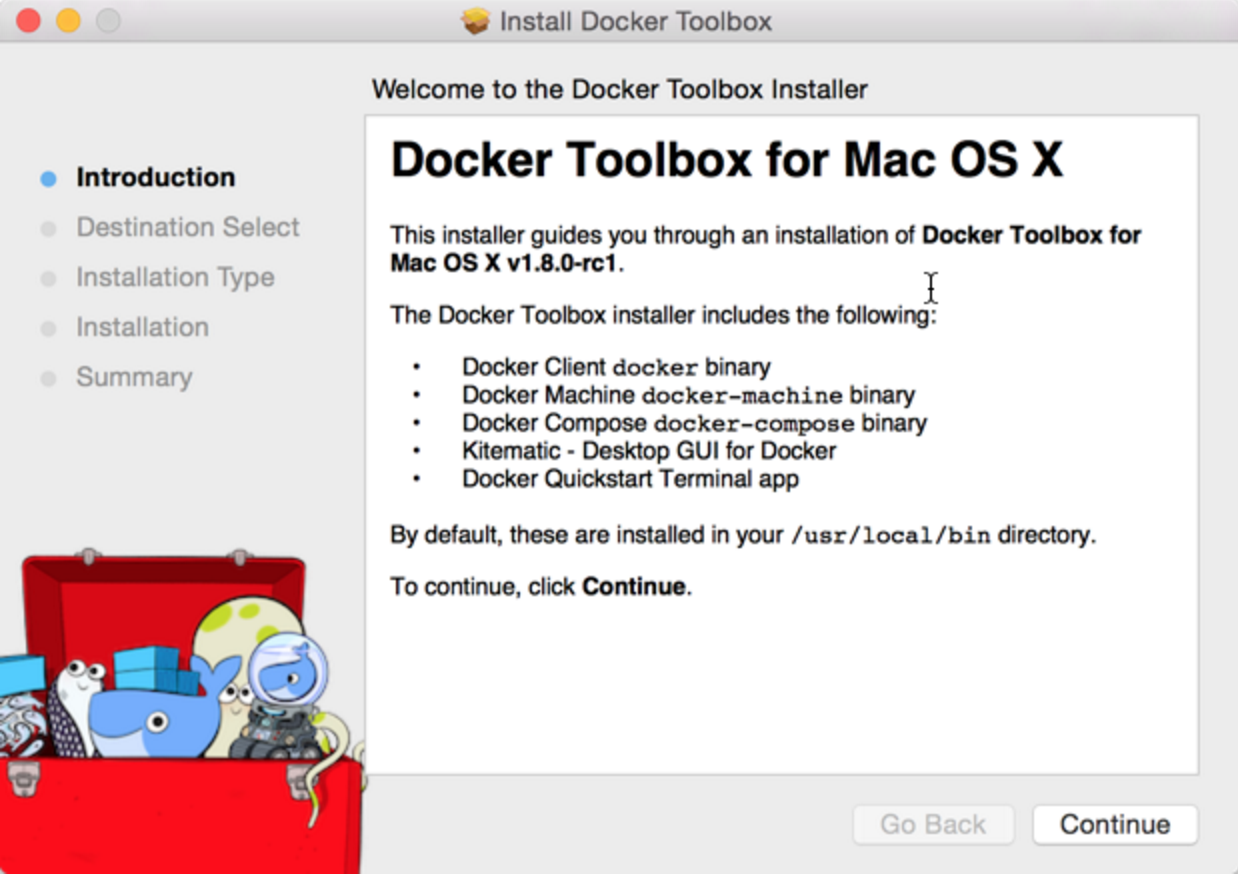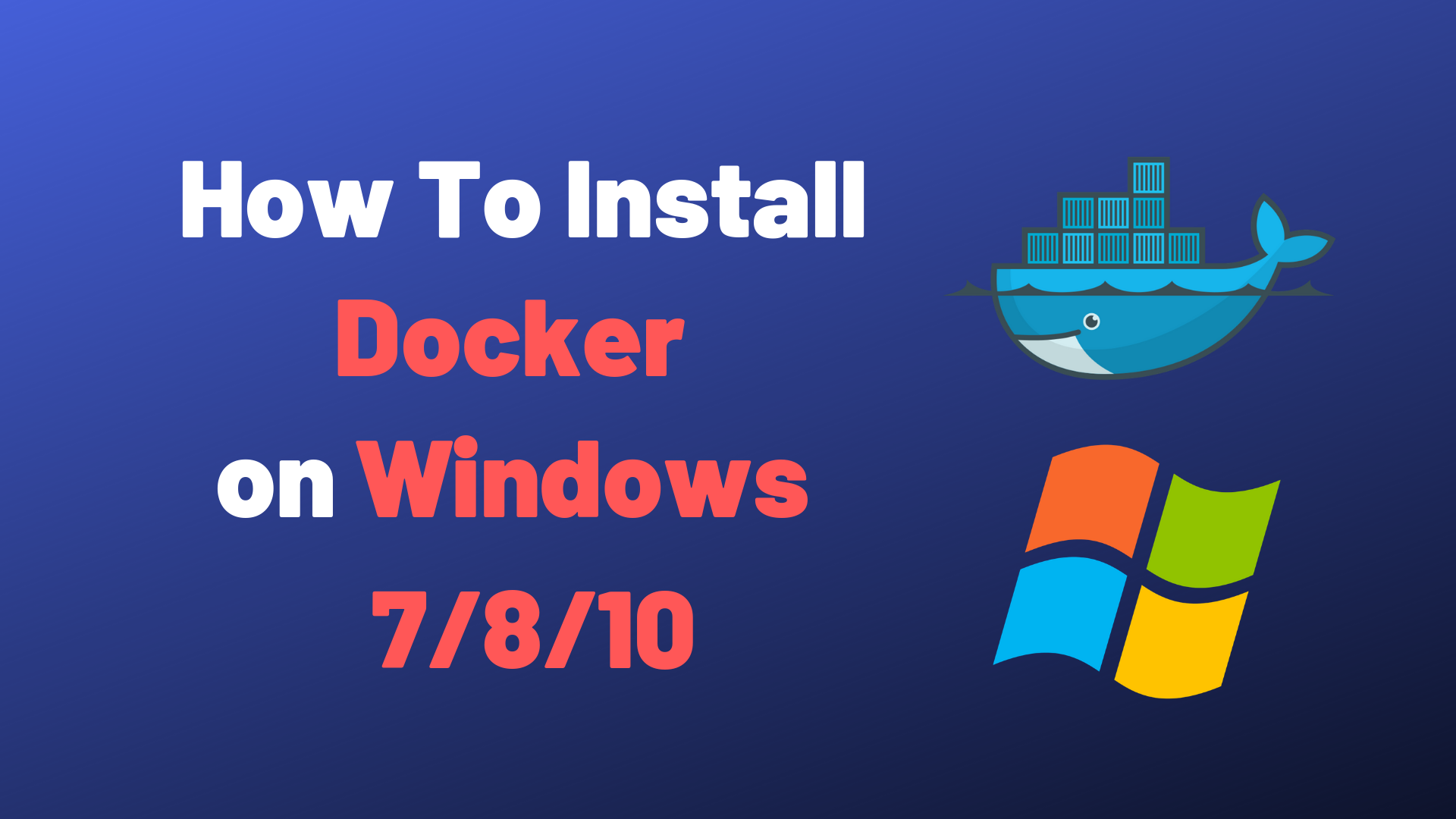Three days on this, and I believe there's a race condition between adb and the emulator. On a request to run an app, with no emulator already running, you see the 'Initializing ADB', then the emulator choice, it starts and you get 'Waiting for target to come online'.
PyCaret 2.1 is now available. Click here to see release notes. Documentation on the website is only updated for major releases. To see the latest documentation, Click Here
Docker Hub It is possible to get Docker images of Redis from the Docker Hub. Multiple versions are available, usually updated in a short time after a new release is available. Click here to Download the Plex media server for Windows, Mac, Linux FreeBSD and more free today. If you want to use Docker, read Horovod in Docker. To compile Horovod from source, follow the instructions in the Contributor Guide. Horovod core principles are based on MPI concepts such as size, rank, local rank, allreduce, allgather and, broadcast. See this page for more details. Supported frameworks.

Installing PyCaret is the first step towards building your first machine learning model in PyCaret. Installation is easy and takes only a few minutes. All dependencies are also installed with PyCaret. Click here to see the complete list of dependencies.
In order to avoid potential conflicts with other packages it is strongly recommended to use a virtual environment, e.g. python3 virtualenv (see python3 virtualenv documentation) or conda environments. Using an isolated environment makes it possible to install a specific version of pycaret and its dependencies independently of any previously installed Python packages. See an example below of how to create a conda environment and install PyCaret.
The following libraries have been removed from hard dependency in PyCaret 2.0. Hence they must be installed separately when specific functionalities are being used. See the code below on how to install these dependencies.
PyCaret is a fast-evolving machine learning library. Often, you want to have access to the latest features but want to avoid compiling PyCaret from source or waiting for the next release. Fortunately, you can now install pycaret-nightly using pip.
We highly recommend to install pycaret-nightly in a virtual environment to avoid conflicts.


You can use PyCaret in your choice of Integrated Development Environment (IDE) but since it uses html and several other interactive widgets, it is optimized for use within notebook environment, be it Jupyter Notebook, Jupyter Lab, Azure Notebooks or Google Colab.
Learn how to install Jupyter Notebook
Learn how to install Jupyter Lab
Get Started with Azure Notebooks
Get Started with Google Colab
Get Started with Anaconda Distribution
A Docker container runs in a virtual environment and is the easiest way deploy applications using PyCaret. Dockerfile from base image python:3.7 and python:3.7-slim is tested for PyCaret 2.0.
You can also download the source file from the link below and use the pip installer to install the package from a downloaded file. To install the package using the source file, download the file and use the command line or notebook environment to run the below cell of code.
PyCaret uses interactive plotting ability. In order to render interactive plots in Google Colab, run the below line of code in your colab notebook.
MAC users will have to install LightGBM separately using Homebrew, or can be built using CMake and Apple Clang or gcc. See the instructions below:
Install Docker Mac Os

- Install CMake (3.16 or higher)
>> brew install cmake - Install OpenMP
- >> brew install libomp
- Run the following command in terminal:

Install Docker Mac
An open-source, low-code machine learning library in Python
https://github.com/pycaret/pycaret
668 forks.
3,101 stars.
197 open issues.
Recent commits:
Installing Docker On Mac Using Brew
- Merge pull request #1128 from markgrujic/patch-1Fix load_model() for AWS models in persistence.py, GitHub
- Fix load_model() for AWS models in persistence.pyload_model() for AWS deployed model was calling filename instead of model_name.Model could not load because of model.pkl.pkl not in file system., GitHub
- Pin imblearn version, Antoni Baum
- Add kwargs to save_model, Antoni Baum
- get_all_object_vars_and_properties fix, Antoni Baum
